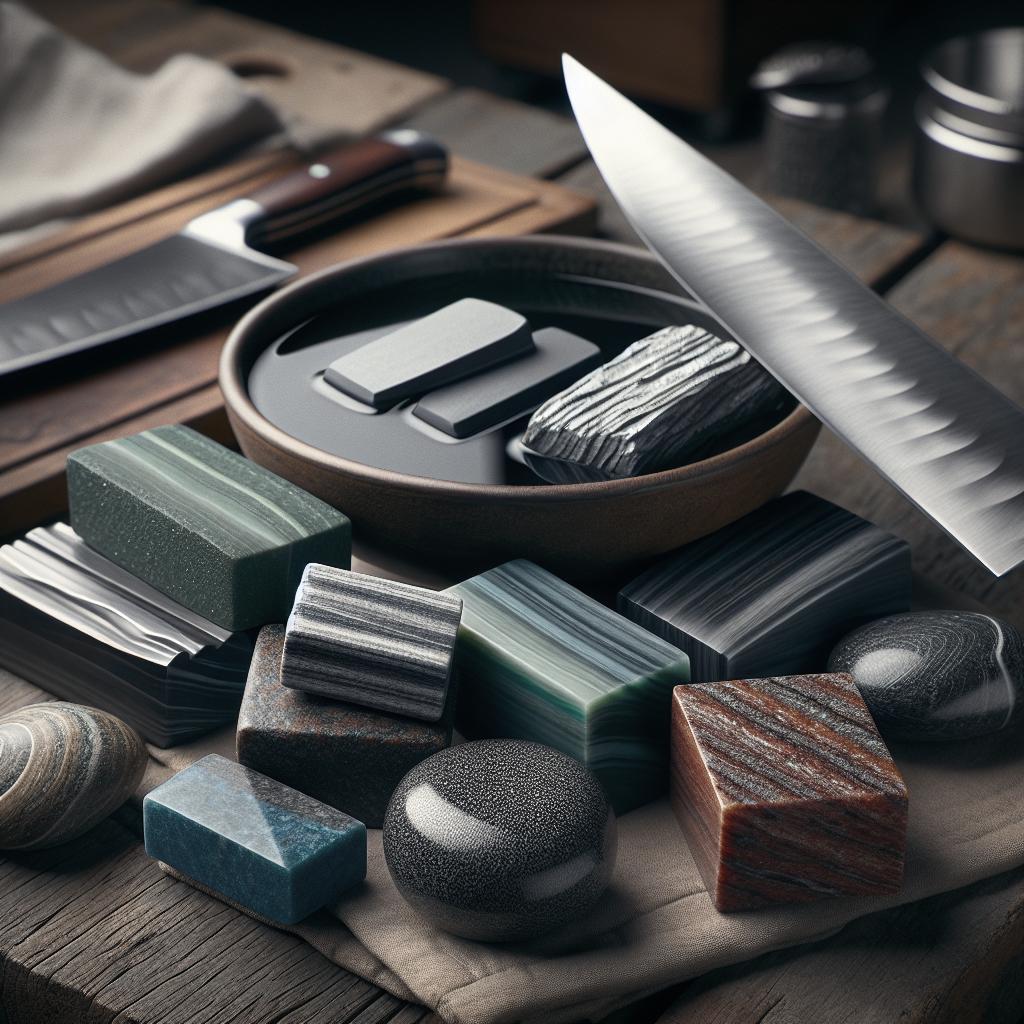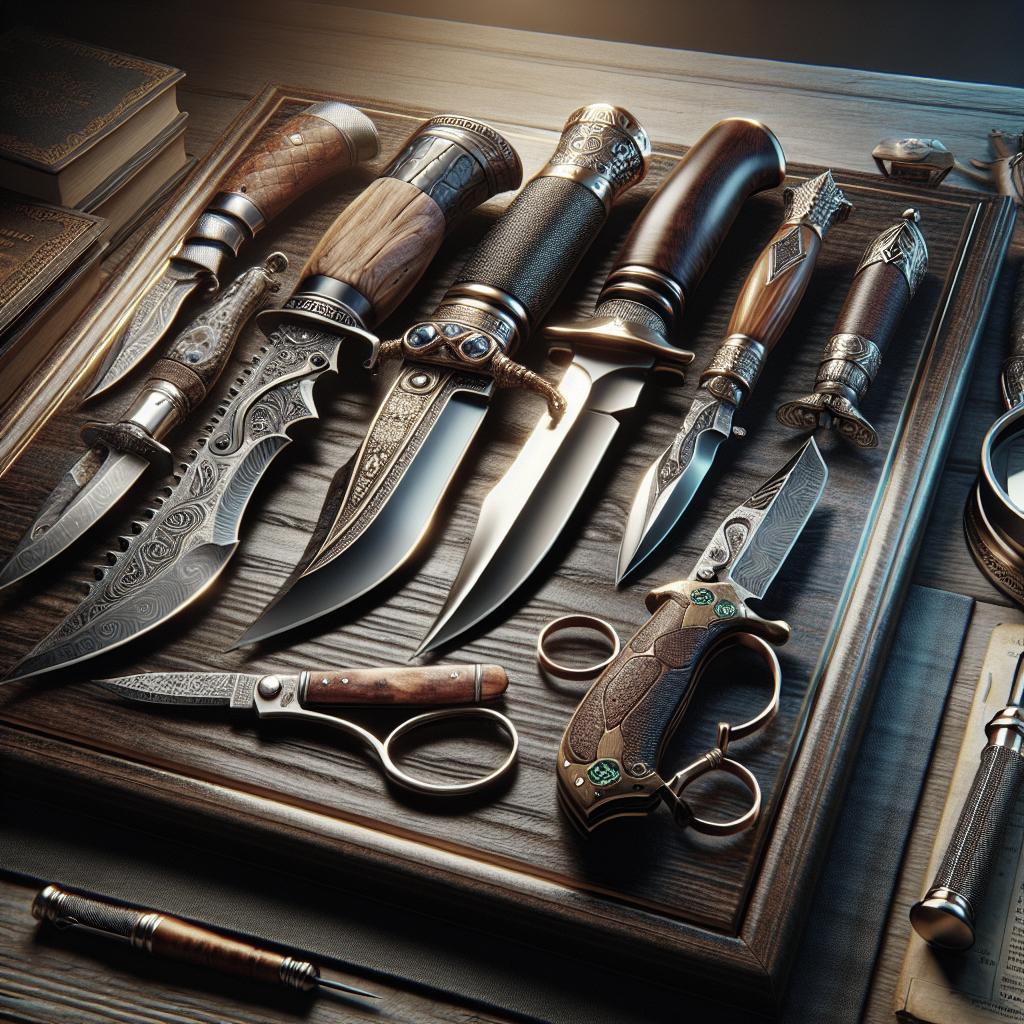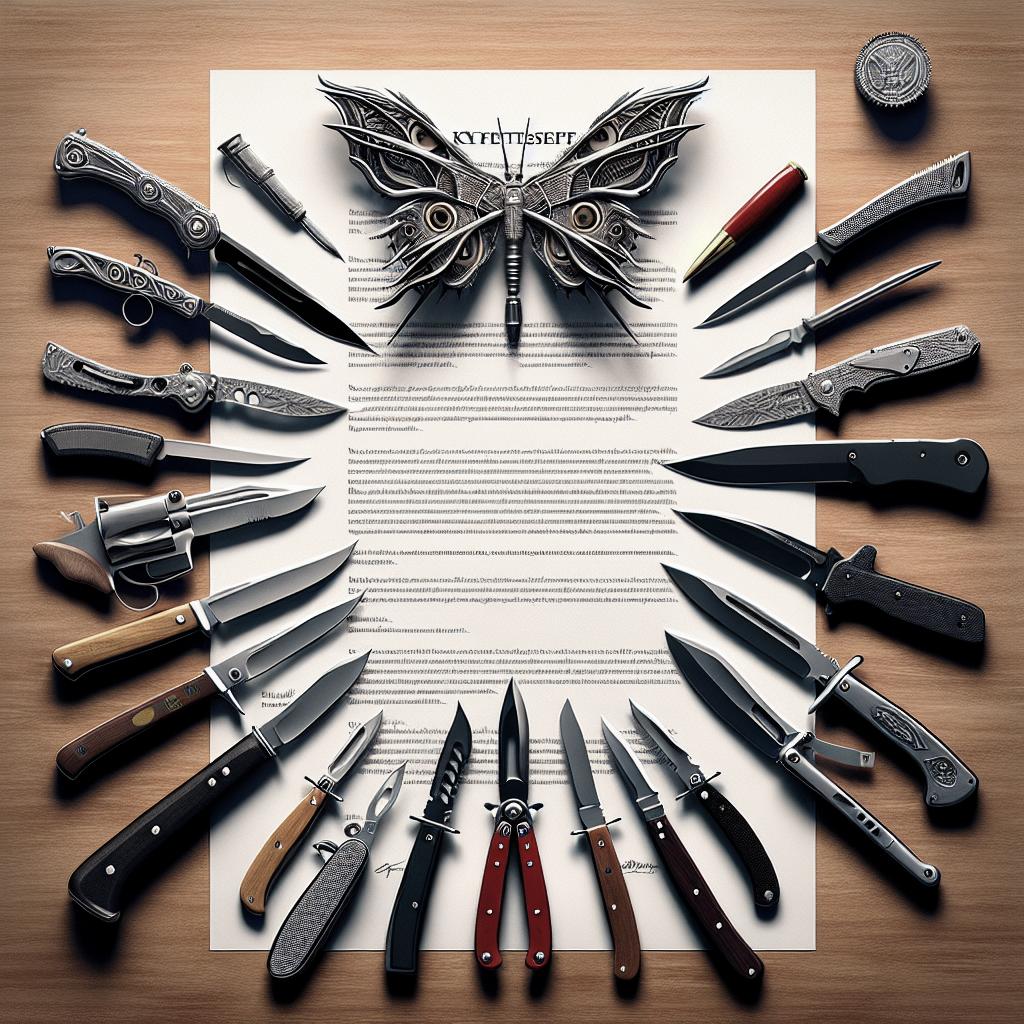Understanding Knife Sharpening Stone Types
Sharpening stones, quintessential to maintaining the sharpness and longevity of your knives, come in a diverse array of types, each with its distinct features and benefits. From traditional India stones to modern diamond stones, choosing the right stone can enhance your sharpening experience and prolong the life of your blades. This blog post delves into the unique characteristics of India stones, Crystolon stones, Waterstones, and Diamond stones. We’ll explore their advantages, disadvantages, and different applications to help you make an informed decision on which type suits your sharpening needs best. Let’s journey through these sharpeners and unravel the perfect fit for your knives.
India Stones
India stones are perhaps the most traditional type of sharpening stones, made from aluminum oxide. These stones are known for their toughness and durability, qualities that make them a staple in both professional and amateur kitchens. Available in fine, medium, and coarse grits, India stones are versatile and can be used for reshaping edges as well as honing sharp blades.
One of the biggest advantages of India stones is their ability to last for a long time without requiring frequent replacement. However, they can be slower to use compared to other stones, which can be a downside for those who need quick results. Additionally, while they do provide a fine edge, it might not be as refined as that achieved with Waterstones or Diamond stones.
Another consideration when using India stones is the maintenance factor. They require oil for lubrication, which might be messy for some users. Despite this, they remain a favorite among many for their traditional feel and durability, striking a balance between cost and performance.
Crystolon Stones
Crystolon stones, also known as silicon carbide stones, are known for their fast-cutting nature. They are ideal for quickly setting an edge or repairing damaged blades due to their aggressive sharpening capabilities. This makes them particularly favored in scenarios where heavy-duty sharpening is required.
Unlike India stones, Crystolon stones can be used with either water or oil, providing flexibility in terms of lubrication. This adaptability makes them a go-to choice for many who value convenience without compromising performance. However, similar to India stones, they may not provide the ultimate polished edge that some specific tasks might require.
Although they deliver fast results, this efficiency comes with the downside of wearing down quicker. Therefore, while they offer immediate performance benefits, longevity might be a concern if they are used frequently.
Waterstones
Waterstones have gained significant popularity due to their ability to produce extremely sharp and refined edges. Made from softer abrasive materials, they work in tandem with water to create a slurry that effectively polishes the blade while sharpening. This method provides a smooth cutting edge, perfect for culinary knives needing precision sharpness.
One of the biggest appeals of Waterstones is the minimal maintenance they require; they only need to be soaked in water before use. Their ease of use and ability to produce an incredibly sharp edge make them a favorite among chefs and sharpening enthusiasts alike. However, their softer nature means they wear down quicker than harder stones, necessitating frequent flattening and potentially faster replacement.
Despite these maintenance requirements, Waterstones’ ability to provide a razor-sharp finish makes them an excellent choice for those prioritizing sharpness over convenience. They are the go-to stone for users seeking exceptional performance at the expense of a slightly higher upkeep.
Diamond Stones
Diamond stones represent a significant advancement in sharpening technology, combining unparalleled hardness and longevity. Featuring a thin layer of diamonds bonded to a metal plate, these stones excel at sharpening all types of steel, including very hard or alloy varieties, where other stones might struggle.
One of their standout features is their lifespan; diamond stones stay flat and effective for many years, making them a solid investment for serious sharpeners. They are also capable of delivering a fine edge quickly, thanks to their superior cutting capability. Furthermore, they require minimal maintenance, only needing occasional cleaning to remove metal filings.
On the flip side, diamond stones are typically more expensive than other stone types, which may deter some users. Nonetheless, their exceptional performance and durability make them a preferred choice for high-performance sharpening and those willing to invest in quality.
Which Sharpening Stone is Right for You?
Choosing the right sharpening stone hinges on understanding your specific needs and preferences. If you value tradition and durability, India stones offer an excellent balance of longevity and performance. For those in need of fast, heavy-duty sharpening, Crystolon stones are a prime choice.
Waterstones provide a unique opportunity for achieving unparalleled sharpness, ideal for precision-focused users who do not mind the additional maintenance requirements. Finally, if premium performance without frequent replacement appeals to you, the initial investment in diamond stones will pay off through their long-term durability.
Ultimately, the best sharpening stone depends on your priorities regarding speed, sharpness, maintenance, and cost. Assessing these factors will guide you to the stone that aligns with your sharpening goals and enhances your knife care routine most effectively.
Final Thoughts
| Stone Type | Key Features | Advantages | Disadvantages |
|---|---|---|---|
| India Stones | Aluminum oxide, Oil lubrication | Durable, Cost-effective | Slower process, Requires oil |
| Crystolon Stones | Silicon carbide, Water/Oil lubrication | Fast cutting, Versatile | Wears out quicker |
| Waterstones | Softer abrasive, Water lubrication | Super sharp edge, Easy to use | High maintenance, Wears down |
| Diamond Stones | Diamond-coated, Minimal maintenance | Long-lasting, High performance | Expensive |


